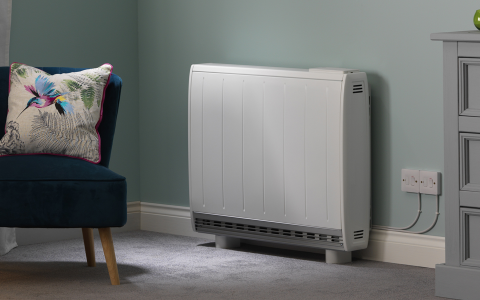The CCC’s June 2020 Emissions Progress Report
The Committee on Climate Change’s (CCC) most recent update on how the UK is progressing towards the achievement of emissions-based targets, such as net zero by 2050 and the carbon budgets, has certainly been listened to. There is no doubt that it influenced the Chancellor's recent Summer Economic Update and the decision to target a green recovery from the Covid-19 crisis.
So, what does the CCC see as the future of construction and what can be done to prepare for the changes this will make to HVAC specification?
We have summarised key industry insights in our 196-page report, structured by most commonly asked questions
Our report covers :
- How has lockdown affected the UK’s emissions progress?
- Has investment in low carbon solutions been shown to be commercially beneficial?
- Is the carbon tax scheme in London going to be applied to the whole of the UK? What does this mean for the development of upcoming regulation changes?
- Will Government address the cost difference between electricity and gas?
Our range of HVAC solutions aim to provide future proof technologies to building projects over various sectors.

Dimplex to exhibit product showcase at InstallerSHOW 2024 Stand H90
Dimplex has announced it will be exhibiting at InstallerSHOW 2024 on stand H90 between 25th-27th of June.

Spring Clean for a Healthier Happier Home in Spring 2024
Spring is officially here! Even though it comes with a mixed bag of seasonal weather, one thing is certain: longer days and warmer temperatures are on their way. As the spring flowers bloom, returning some much-needed colour to our parks and public spaces, people often mark the change of the seasons with some spring cleaning.

We are Dimplex
Dimplex announces brand endorsements











